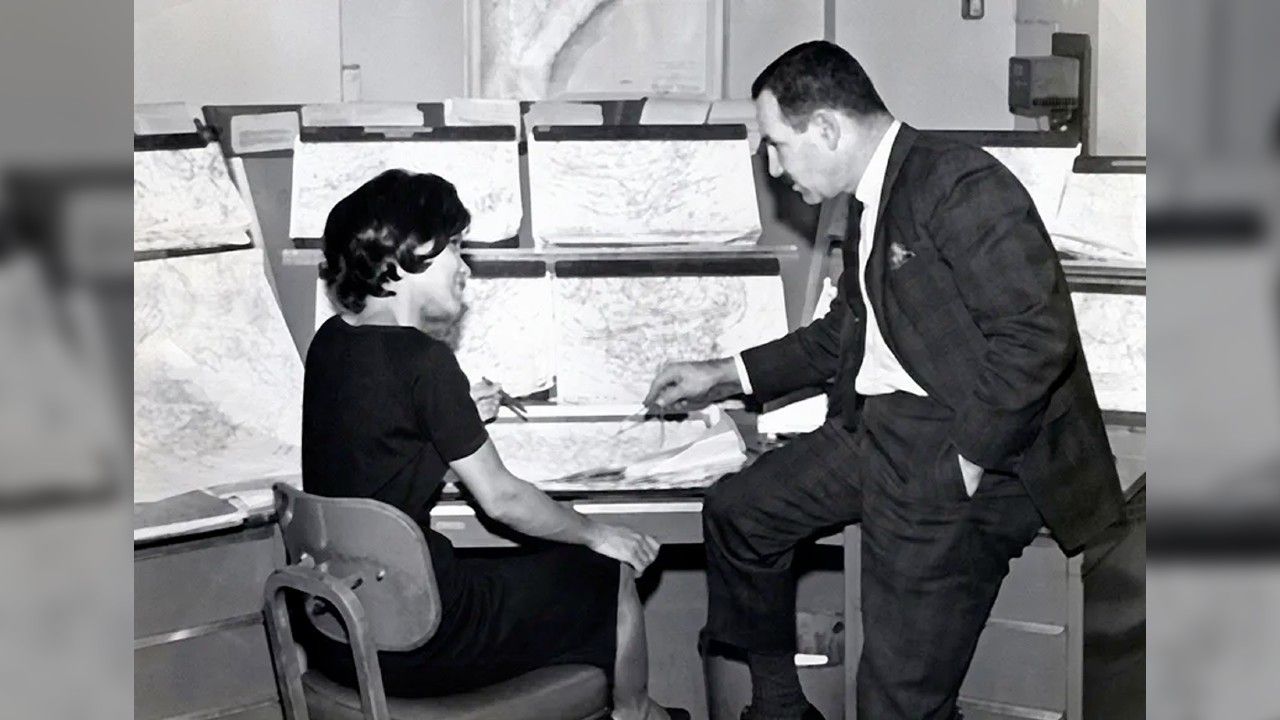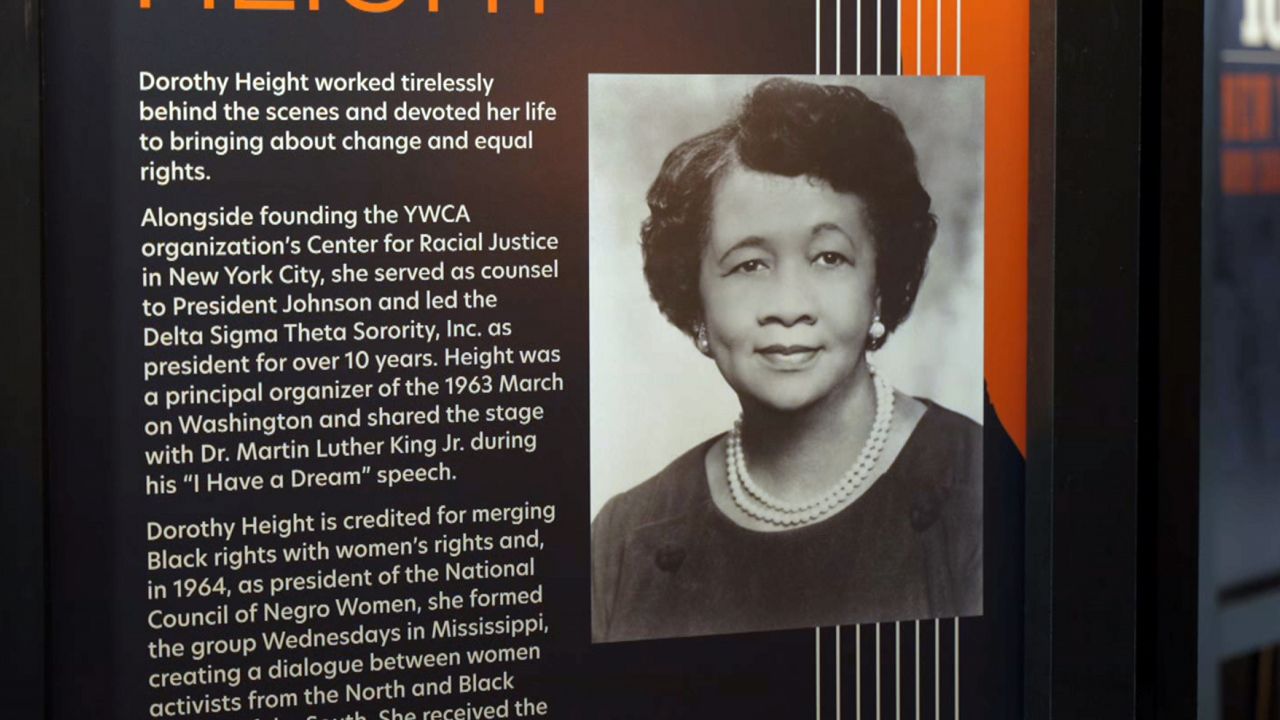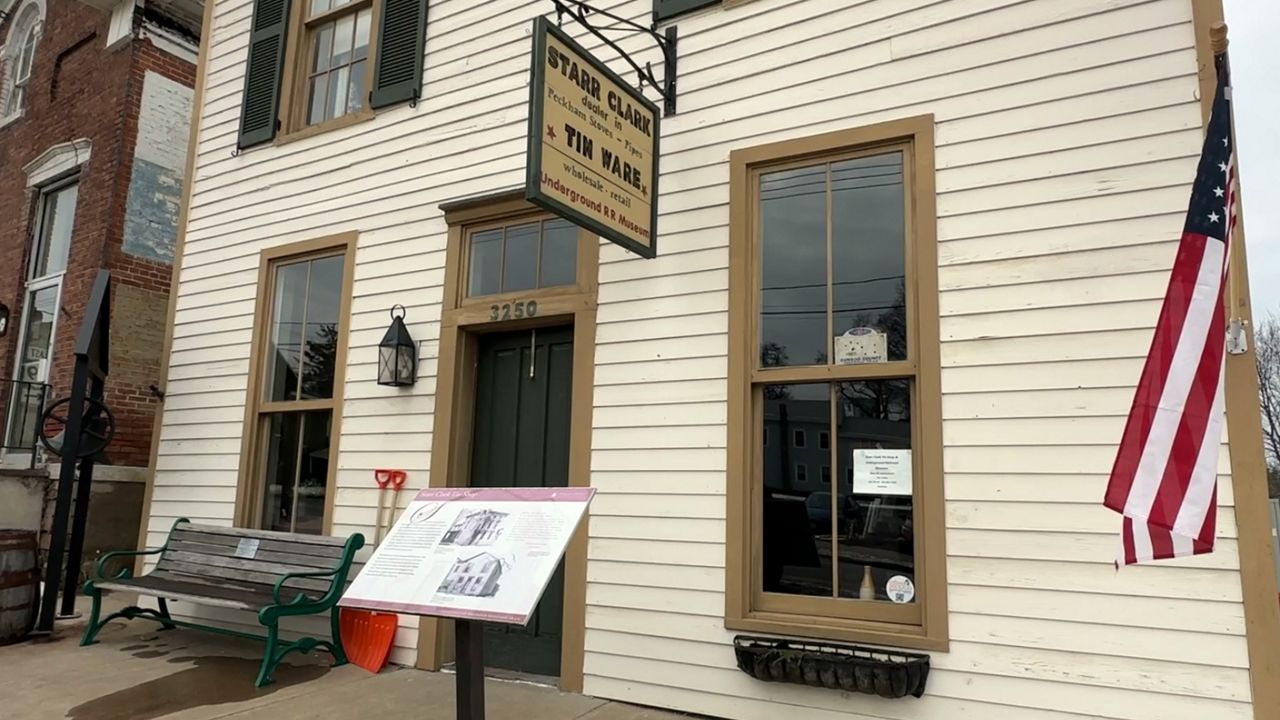It’s not too often you see the direct effects of paying it forward, but for these Capital Region women, their journey to success depended on one another.
Albany County Family Court Judge Sherri Brooks and attorneys Tracey Chance and Ricja Rice-Ghyll graduated from Albany Law School.
“We studied for the bar exam together,” said Rice-Ghyll, an associate attorney in Albany City Court.
“I didn’t see a lot of people that looked like me and I didn’t know if I could do it,” said Chance, a Schenectady County conflict defender.
Chance became the first African-American to serve as Schenectady County’s assistant public defender and now the county’s first African-American conflict defender.
That, in turn, opened the door for Jasmine Norman, the senior licensing attorney for the New York Department of State.
Brooks, who was born and raised in Albany, soon decided to dedicate her career to the Albany County legal system. She went from the classroom to the courtroom, and eventually became the first black female to take the bench on the Albany County Family Court.
“Ironically, I was a senior in college and I had no idea what I wanted to be,” Brooks said. "It's something that I came upon and I can’t imagine not doing it now."
Rice-Ghyll became the first woman of color to hold her current position as Albany city associate court attorney, and is vice president of the Capital District's Black and Hispanic Women’s Bar. She attributes some of that success to her colleagues, while admitting that not seeing women of color in their field, was a bit discouraging.
“Looking at people who look like you, who are succeeding, words can’t explain how important that is,” Rice-Ghyll said.
“I think sometimes when you don’t have someone to look at, that’s a real person, that you know and can relate to, that makes it hard for you to see yourself there," Chance added.
For them, even fictional television attorneys like Claire Huxtable in "The Cosby Show" were few and far between.
“I knew that she was a mom and a wife, but I don’t recall a single episode in there where she portrayed a lawyer,” Brooks said.
That, in part, inspired them to become the role models they wanted to see.
"I didn’t realize that I was showing these women who are now graduating, or are getting ready to graduate that they could do that as well,” Rice-Ghyll said.
Their journeys also related to women of every race, by achieving goals and raising families at the same time.
“By the time I went to law school, I had two kids, and I always try to always show them that you don’t have to sacrifice one for the other,” Judge Brooks said.
They have ideas for society going forward when it comes to promoting more women of color.
"Having diversity inclusion councils where we have people of color considering other people of color for these positions within state government, I think, is so important," Norman said.
"I think we can take the generation under us and bring them up with us," Brooks added.
“I definitely want people to know, I did everything in my power to support the upward mobility of black people within my community, because that is the most important thing that we can do in our positions," Norman said.









